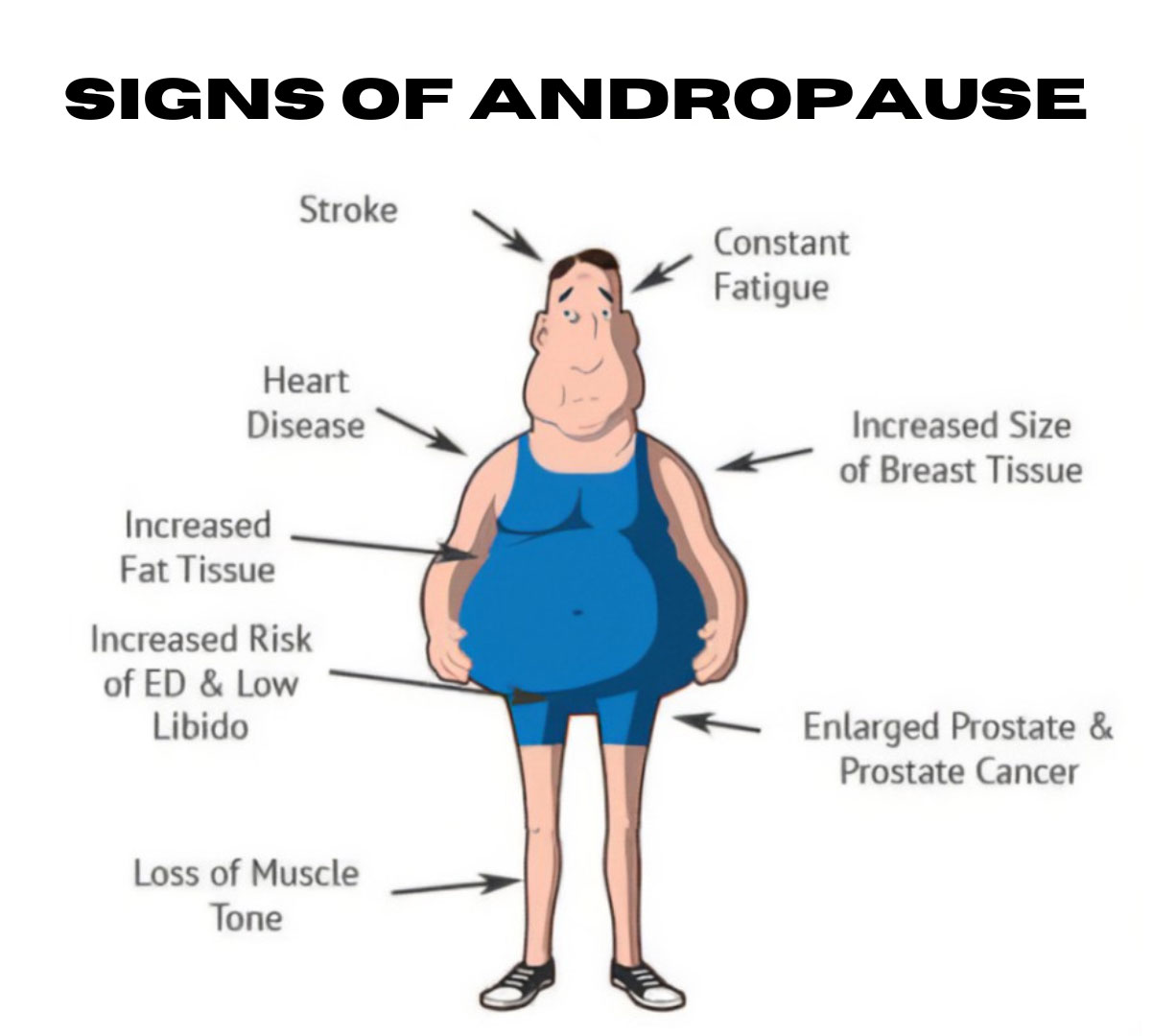Low testosterone is a significant issue that many men are currently suffering from. A recent study involving 102,334 men found testosterone levels have declined by almost 40% over the last 15 years! The primary causes for this decline include modern day high stress lifestyles, reduction in food quality, poor sleep habits, as well as plastics and environmental toxins. Unfortunately, a lot of men are unaware of their sub-optimal testosterone levels due to western medicine’s definition of low, which is anything under 300ng/dl. The Problem is, western medicine typically uses quite broad reference ranges. In face, recent research has shown that every 5-10 years, the ranges broaden to accommodate the unhealthy lifestyles average people in our society live. One thing we all must remember, these reference ranges are created through an average of both the healthy and the sick population, as well as the young and the elderly. So technically, “normal” includes the sick and dysfunctional. In the functional medicine world, we prefer to look at optimal levels vs normal levels. We define optimal male testosterone between 800-1100ng/dl. At Ryze HRT, we understand how imperative it is for men to have optimal testosterone levels. Not only does it hamper quality of life, but chronically low testosterone can pose a significant health risk.
At Ryze HRT, we understand how imperative it is for men to have optimal testosterone levels. Not only does it hamper quality of life, but Chronically low testosterone can pose significant health risk.
What is Andropause?
As men age over 35, they can develop andropause, which is a decrease in the production of testosterone which then leads to clinically low testosterone levels. In some ways, andropause is similar to menopause, but it’s not exactly “male menopause” because it is not guaranteed to happen to all men. Another difference between menopause and andropause is that women stop producing estrogen and progesterone completely, whereas men’s testosterone production continually declines over time. While a small percentage of men will never have to experience andropause, current data shows that up to 70 percent of men over the age of 80, as well as 50 percent of men over the age of 50, currently suffer from andropause.
Symptoms of Andropause
- Decline in cognitive function
- Depression
- Thinning hair/hair loss
- Reduction of muscle mass and strength
- Increased fat mass
- Gynecomastia
- Reduced bone mass
- Low sex drive


